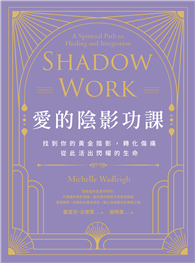Robert Moore, a mill owner facing financial difficulties, lays off workers and becomes the target of labor riots in Yorkshire. Caroline, who secretly loves Robert, watches as he grows distant due to his need to marry for wealth rather than love. Enter Shirley, an independent and wealthy heiress, whose lively spirit and close friendship with Caroline introduce a new dynamic into Robert’s life. Through themes of love, class, gender roles, and economic hardship, the novel explores the personal and societal struggles of characters during a time of significant social change.
Shirley by Charlotte Brontë, portrays the social and economic turmoil during the early 19th-century Industrial Revolution in England. Set against the backdrop of the Napoleonic Wars and the Luddite uprisings, the novel addresses the struggles between mill owners and workers, highlighting the complexities of labor disputes and class tensions. Additionally, Brontë’s depiction of strong, independent female characters, particularly the titular Shirley, challenges traditional gender roles of the time, offering early commentary on women’s autonomy and the limitations placed on them by society.










(不動產經紀人) 2025【粗體關鍵字標示必背重點】不動產經紀相關法規概要[條文解析+歷屆試題](八版)(不動產經紀人)](https://media.taaze.tw/showLargeImage.html?sc=14100124101)

